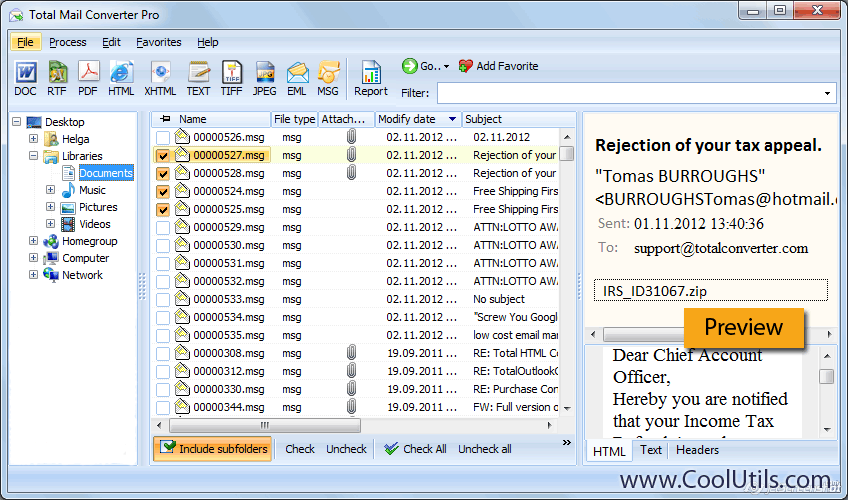Select file, which you want to convert from your computer, Google Drive, Dropbox or drag and drop it on the page Step 2 Select pdf or any other format, which you want to convert (more 200 supported formats).
The Base64 online converter supports both functions of the algorithm on same page. If you need to encode a text to Base64, fill in the “Text” field and press “Encode text to Base64” — the result will appear in the “Base64” field. Otherwise, if you have a Base64 string, paste it into the “Base64” field and press “Decode Base64 to text” — the result will appear in the “Text” field.

Octet Stream Converter Free

- The OCTET-STREAM format was developed for Web browsers to understand that the file attachment is in an unknown file type, which also allows the user to choose to download and save the attached file in any file format that the user wants.In other instances, the OCTET-STREAM file format is used to inform the user that the attached file may be.
- Does anyone know how I can convert this type of data into a usable file using Filemaker (or an custom/plugin functions)? I can't post the whole data here as it contains sensitive data, but below is the beginning and end of it, just so you can see what sort of data I am being given by Apple.
About Base64 online converter

Please note that this Base64 converter supports only “main standard” and decodes the data in strict mode. Perhaps this option does not suit your needs, and you want to encode text or decode Base64 using other variations of this algorithm. If so, please check the following online convertors. They are also simple and free, but they are sharpened for certain tasks.
- Base64 Decode
- Image
- Base64 Encode
- Audio
- Image
Application/octet-stream Converter
I hope that I managed to develop all the necessary converters that meet your needs. Nevertheless, if you’re missing some Base64 encoding or decoding features, please let me know.

What is a Base64 Translator?
Octet Stream Converter
It may seem funny, but some people call the “Base64 converter” a “Base64 translator”. Well, by and large, it really “translates” the text into another form. However, from a technical point of view, this process is called “conversation”, therefore, never call it a “Base64 translator”. And since we are talking about terms, remember that the conversation of text to Base64 is called “encoding” and the reverse process is called “decoding”. In no case it should not be confused with “encryption” and “decryption” which are used to protect data, while Base64 doesn’t offer any protection.